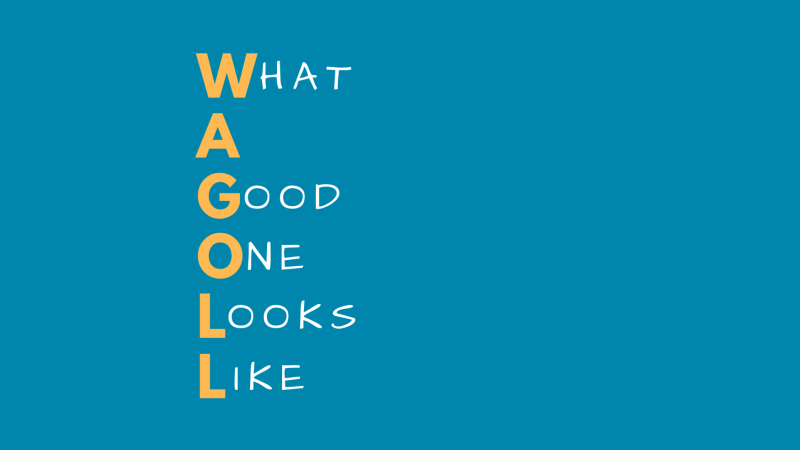Systematic synthetic phonics – How to choose the right programme

There are many phonics programmes available for schools, but what should you look for, asks Gordon Askew…

The best phonics outcomes for the highest number of children are achieved when schools follow a high-quality systematic synthetic phonics (SSP) programme with fidelity.
This is particularly important for schools with significant numbers of disadvantaged or underachieving pupils.
But which of the available programmes is best?
Obviously, if a school is already using a programme and achieving excellent results, there is no reason to change. However, for those considering a different or revised programme, the Department for Education (DfE) runs a process of validating materials against its basic requirements for SSP programmes.
Schools are strongly advised to use a programme from this list, as this ensures full coverage of necessary content, meeting all national recommendations.
However, the DfE does not offer any judgements about the comparative quality of the different validated programmes, or even of their effectiveness in practice. Schools must, rightly, make a final choice for themselves. So, what should they look for?
Progression
Any validated programme will offer a clear progression for learning the necessary phonics content, ensuring that by around the end of Year 1 children have developed the skills to decode phonically most unknown words they are likely to meet.
This is the best start they can have, and effective schools prove that it is achievable for most children, regardless of background.
Lesson plans
However, there is more to teaching phonics well than covering content. Lessons need to be delivered effectively using methods proven to support children in making the necessary progress.
A good programme will provide teachers with realistic, accessible plans for lessons following a strong, clear structure that can be delivered consistently through the school.
These will be accompanied by all the guidance and materials teachers need, ideally including clear modelling of good practice. How much quality support there is for delivering the core progression is key.
A related question is whether the programme includes a full suite of attractive, engaging, matched resources. These should include mnemonics that provide strong hooks to help children remember grapheme-phoneme correspondences in the early stages.
However, it is also essential that the programme supports children quickly to become confident in reading regular print, without reliance on extraneous visual cues.
Decodable books
A fundamental principle of SSP is that children learn to use phonic decoding as the route to reading unknown words, avoiding unreliable guessing from context or pictures.
Optimum success for the highest number of children is dependent on this. The use of fully decodable books, matched exactly to a children’s stage of learning, plays a crucial role, ensuring that children’s early reading practice involves words they can decode, and therefore do not need to guess.
Any of the DfE validated programmes will include, or be directly linked to, a full suite of matched decodable books. However, the quality of such books may vary considerably, and a good programme will be paired with a rich and attractive range of decodable books which will interest and engage children at the same time as meeting their phonic needs.
Further, the best programmes will provide extensive support, modelled examples and materials for the regular use of such books, both for practice in decoding and then for the development of wider reading skills.
Reading leader
An effective reading leader is another key to successful phonics in a school. A good programme will provide guidance in what this role should entail and how the leader can best ensure that teaching throughout the school is of consistently high quality.
Assessment
All programmes will offer some form of assessment, but this needs to deliver useful information, without being onerous for the teacher. Crucially, effective teacher assessment will measure progress reliably and help identify early those children in danger of falling behind. Equally, a good programme will provide all the materials needed to put in place effective keep-up support, when required, adaptable to children’s needs.
CPD support
When schools adopt a new programme without being supported in its delivery, implementation is generally far less effective. Schools therefore need to ascertain how much CPD and follow-up support is offered with a programme, how comprehensive it is, of what quality, and how accessible, especially in the present Covid context. Strong, practical support for home reading is another essential to look out for.
Reading is fun!
Fundamental though it is, there is more to reading than phonics. The best programmes will be fully committed to helping schools place phonics in the context of a wider reading programme.
Critically, this will include the development of vocabulary and comprehension and the encouragement of reading for pleasure.
Finally, schools should ask what evidence a publisher can provide of their programme being used successfully in schools. However, the response needs to be evaluated carefully; sometimes a school with a high number of more advantaged children can have good results despite, rather than because of, their phonics approach.
If you’re looking for new phonics programme take a look at Little Wandle Letters and Sounds Revised at littlewandlelettersandsounds.org.uk.
Gordon Askew, MBE, was phonics adviser to DfE from 2010 to 2020, and founder and chair of the English Hubs Council.










